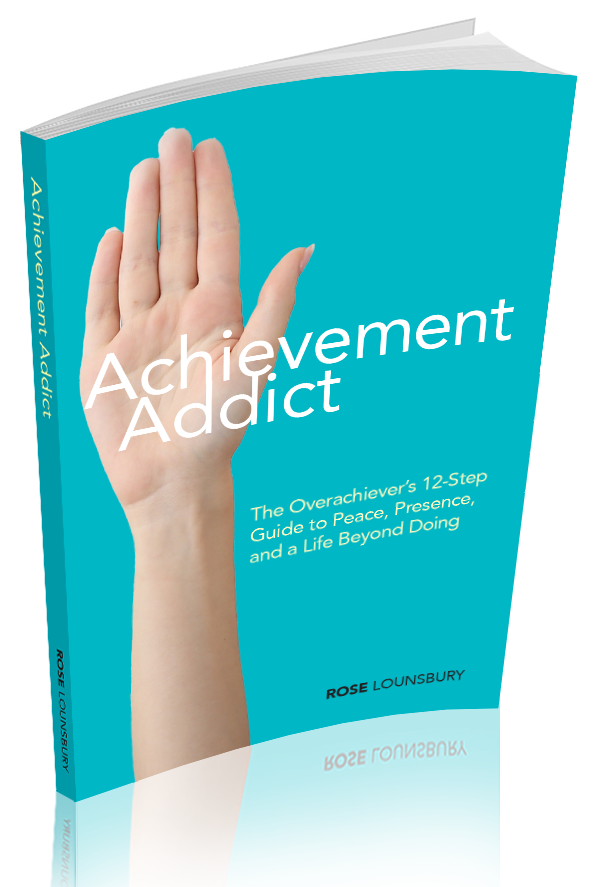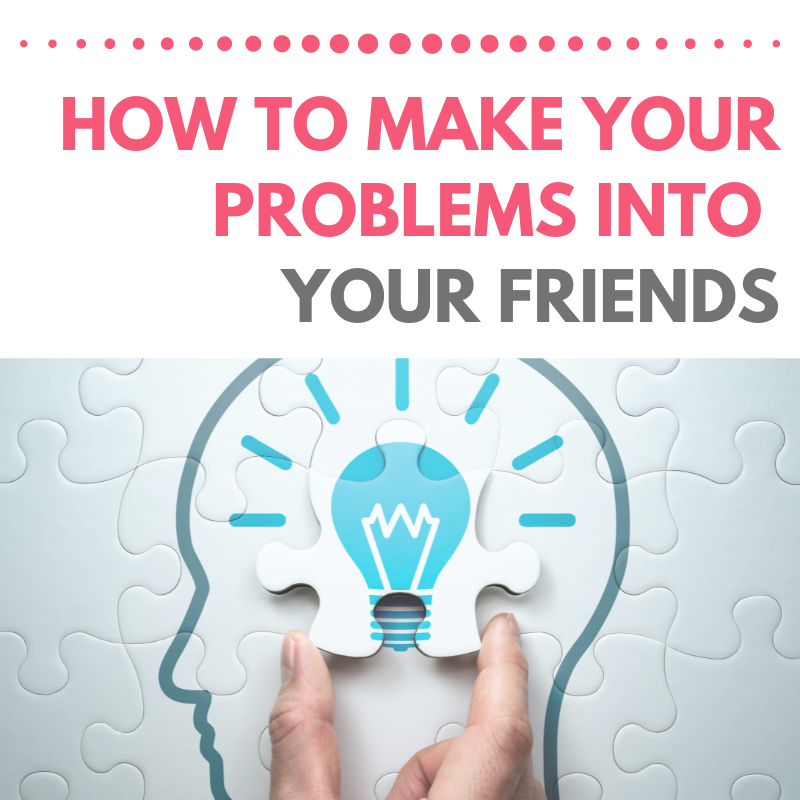Note: This is the third of five blog posts I’m writing about the lessons I learned during my family’s 6-week road trip this summer. If you’d like to catch up, you can read my first post here and my second post here.
For me, the most anxiety-inducing part of planning a trip is trying to predict the problems. For our road trip this summer, I did my best to anticipate pitfalls along the way. My problem-prevention packing included, but was certainly not limited to:
- A first aid kit
- Spare trailer tire
- Travel air compressor
- Extra undies
- A whistle (ya know, to scare off the bears)
Some of these items (first aid kit and undies) came in very handy. Others (spare tire and air compressor) I was glad I packed but grateful not to need. Still others became a bit of an embarrassment (bear-scaring whistle) as I recognized them for what they were: physical manifestations of a nervous mind trying desperately to do the one thing it cannot do—predict the future.
One big truth about traveling (or, really, life in general) is this:
We cannot predict all the problems.
Things are going to go wrong. Some things are not going to work. That’s the way life is.
But there’s good news: this is okay.
Things won’t always work, but they will always work out.
In this way, we can turn our problems into our friends.
Today I’d like to share two big problems I encountered on this trip and how I navigated through them. I hope this helps you think about problems in your life that might be friendlier than you think!
Problem #1: My Phone Didn’t Work
My phone plan didn’t provide service in Canada, so I upgraded before we left, with the express assurance from customer service that this would allow me to call and text abroad to my heart’s delight.
It did not.
When we got to Canada, I spent hours troubleshooting with customer service, until they finally told me that they needed to send me a new SIM card. Only they couldn’t send those to Canada. (Sigh.)
This was a problem. And while it didn’t seem friendly at first, I soon learned to navigate around it.
I discovered that I could do most of my calling and texting on Wi-Fi, and if that didn’t work, WhatsApp and Facebook messenger usually did.
I learned how to use Google maps offline (This is a miracle! If you’re traveling, look it up!) so that I had GPS while driving.
I harkened back to the 1990’s and became comfortable with being unable to contact people while out and about. I grocery-shopped without service. I took the kids to the beach on my own with no way to send or receive calls. If our family split up while exploring, instead of saying “Just text me when you’re ready to go,” we planned a time and place to meet.
While this level of digital disconnection took some getting used to, I soon learned to relax into it. I quickly knew my way around Nanaimo better than my husband, and I trusted that if something went wrong, a friendly Canadian (and boy, are really friendly!) would help me out.
Problem #2: Our Airbnb Canceled at the Last Minute
This was the biggest problem we encountered. Through a series of miscommunications, our Airbnb—which we were supposed to stay in for a month—canceled on us three days before we arrived.
Thus, Josh and I found ourselves in the midst of Yellowstone National Park, frantically trying to find another month-long rental for five people with very little lead time. It was, to put it nicely, a state of high stress.
Long story short: Within a few hours, we’d found a new place. It was more expensive than our original, but the gorgeous ocean view helped assuage our feelings about the price. Several times we even saw humpback whales from our front window!
Josh had an incredible view for remote work, and our neighbors upstairs (it was a duplex) turned out to be locals who were staying in Airbnbs as a result of a house fire. They were super friendly (again, the Canadians with the friendliness!) and gave us tips and recommendations we wouldn’t have received otherwise.
As I reflect on these problems, I see a 3-step approach that will help me turn future problems from foe to friend. I hope it helps you, too!
Step 1: Expect Problems
Most of us are devastatingly good at this step. Our survival-focused brains excel at catastrophizing, coming up with a myriad of disastrous problem-based scenarios beforehand. The trouble with this? We can’t accurately predict which problems will happen (lack of cell phone service and Airbnb cancellation) and which won’t (bear attack). This causes us a lot of anxiety.
I propose that, instead of negatively bracing ourselves for problems, we anticipate problems with a sense of curious expectation, like how we want to feel when we’re expecting guests in our home. We know they’ll arrive, but we have no idea what will happen, and hey, it might be fun! This sense of eager expectation changes the energy around how our brains think about problems before they arrive.
Step 2: Accept Problems
Once the problems arrive—and, like those guests in our home, they will—the next step is to simply accept that they’re here. The biggest struggle we have with problems is not the problems themselves. It’s our mindset around them. We tend to think that problems shouldn’t happen to us. (News flash: We’re all wrong.)
Problems happen to everybody, all the time. And if we look at it that way, problems aren’t really problems at all. They’re just a natural part of life. This allows us to accept them and welcome them, like those eccentric and interesting guests, into our home.
Step 3: Learn and Enjoy!
Once we accept our problems, it’s time to get curious. We can wonder, maybe, what these problems have to teach us. And perhaps, the problem becomes part of something bigger—our own personal growth into who we’re meant to be. If we never encountered problems, we would never grow. Thus, we can be grateful to our problems for helping us learn the big lessons in life.
I learned so much from the problems I shared with you today. Driving my kids around a foreign country with no cell phone service gave me a newfound sense of resilience and confidence. Troubleshooting a last-minute Airbnb cancellation taught me that, no matter what, I have the resources to figure out unexpected circumstances. And, in figuring it out, I might even discover something more wonderful than what I could have originally planned. These are lessons that will serve me well, no matter where in the world I may find myself.
I hope this post gave you a new way to look at the problems in your life. What problems are you currently facing? How could you turn them into friends? I’d love for you to email me personally at [email protected] and let me know.








